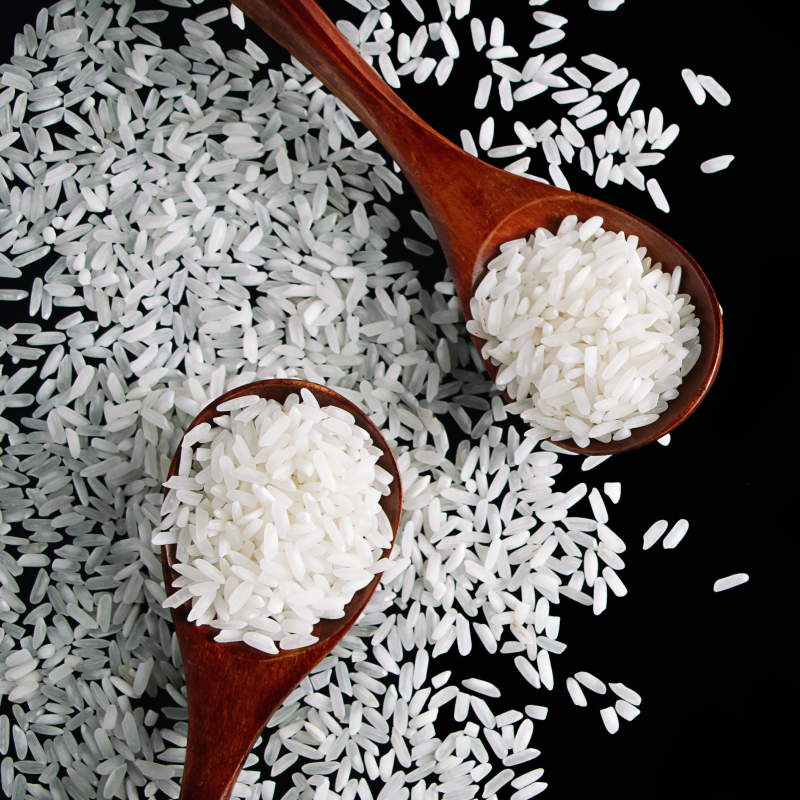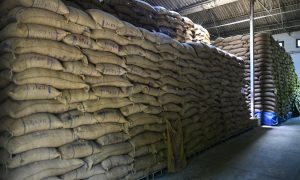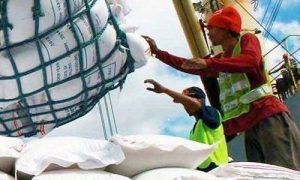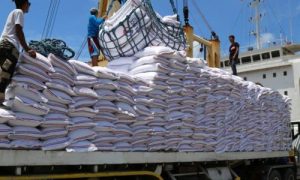Explained: Why India’s ban on rice export has rattled global importers

By India Today Business Desk: India’s recent ban on non-basmati white rice exports has sent shockwaves through the global market, leading to a scramble for supplies and heightening concerns over food security.
The ban, which is expected to reduce the availability of this staple food by about a fifth on the world market, could prompt importers to seek more government-to-government deals to mitigate shortages and control escalating prices, reported news agency Reuters.
The decision to halt exports has been seen as a blow to the reliability of international trade, according to Shirley Mustafa, a rice market analyst at the United Nations’ Food and Agriculture Organisation (FAO).
“Export restrictions inherently reduce trust in the dependability of international trade,” Mustafa told the news agency.
As a result, importing countries may resort to direct deals with governments to ensure a steady supply of rice, he added.
In fact, the International Monetary Fund (IMF) recently said it would “encourage” India to remove restrictions on exports, citing the profound impact it would have on global inflation.
Despite the ban, India has indicated its willingness to consider meeting the requirements of countries in need of rice supplies.
In fact, since the country banned exports of broken rice last September to cool domestic prices, it has approved sales of around one million metric tons of broken rice to countries including Indonesia, Senegal, Gambia, Mali, and Ethiopia.
Global rice importers scramble
African buyers are likely to approach the Indian government for rice sales, while Asian importers such as Indonesia and the Philippines could sign government-to-government contracts with top rice exporters like Thailand and Vietnam.
Indonesia has already signed an agreement with the Indian government to potentially import one million metric tons of rice if the El Nino weather pattern disrupts its domestic supplies.
As of July 1, India had ample stocks of non-basmati rice, standing at around 41 million tonnes, sufficient to meet both domestic public distribution and government-level trade. Meanwhile, Vietnam is due to start harvesting its main crop, which could further alleviate the strain on global rice supplies.















